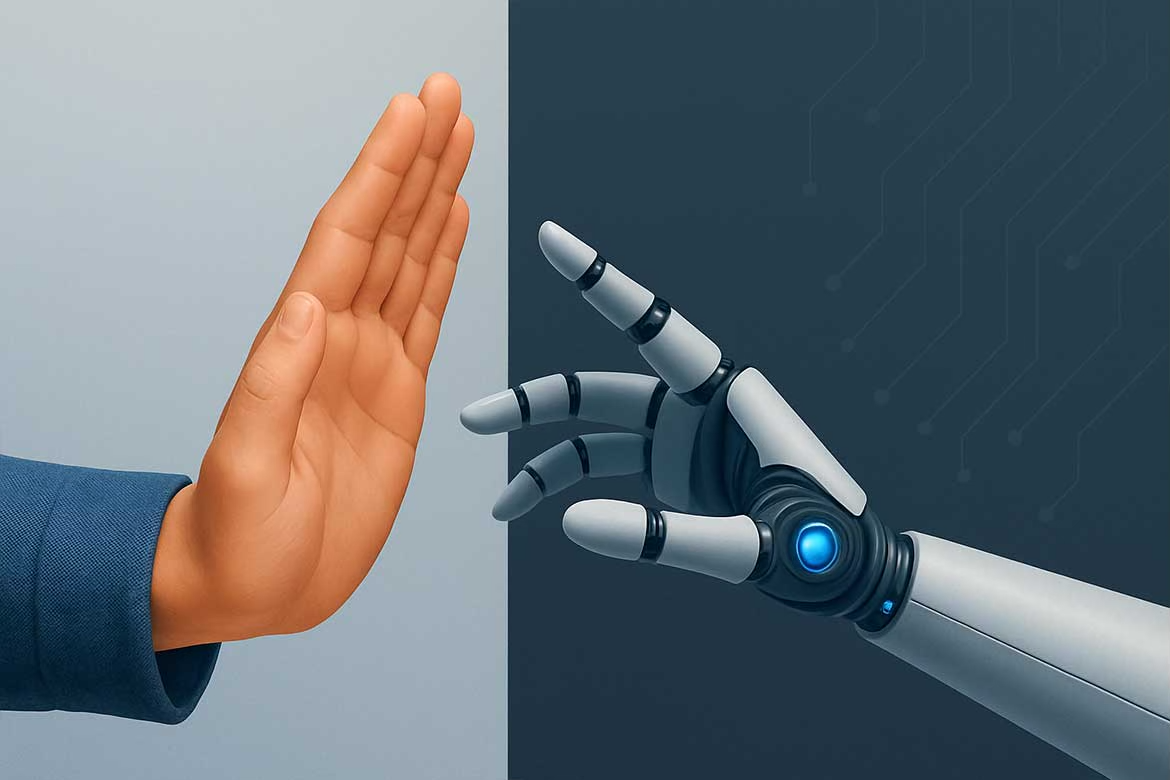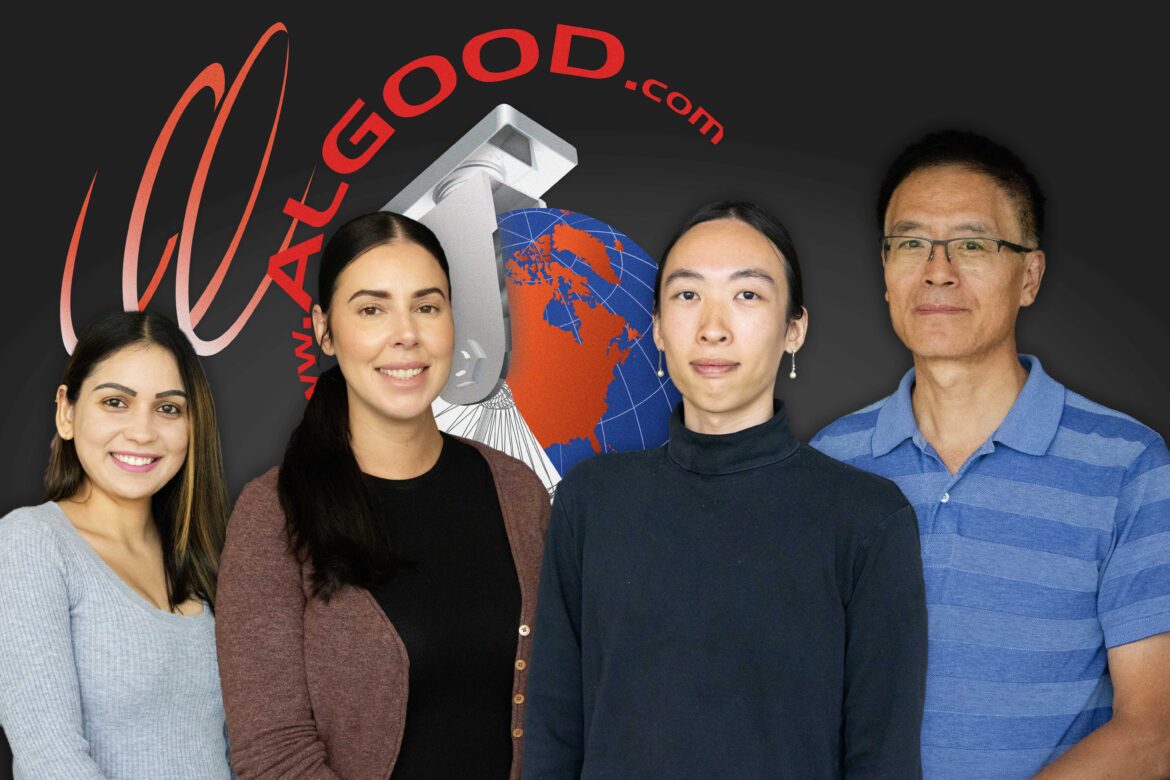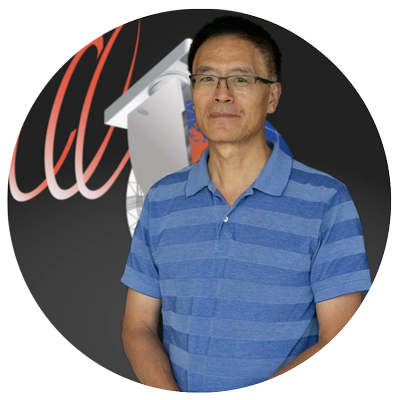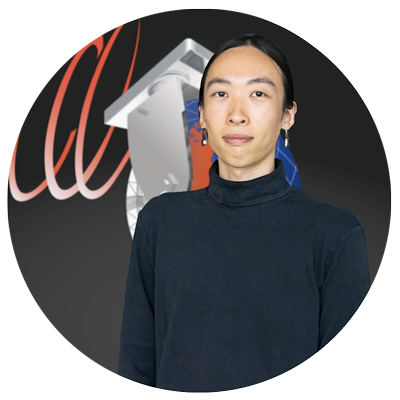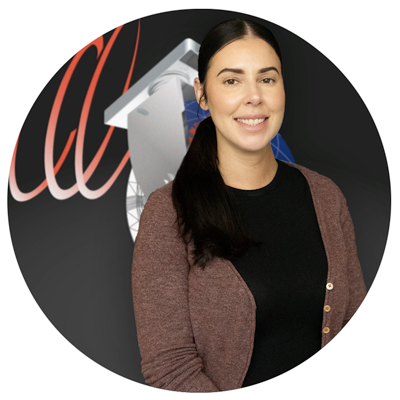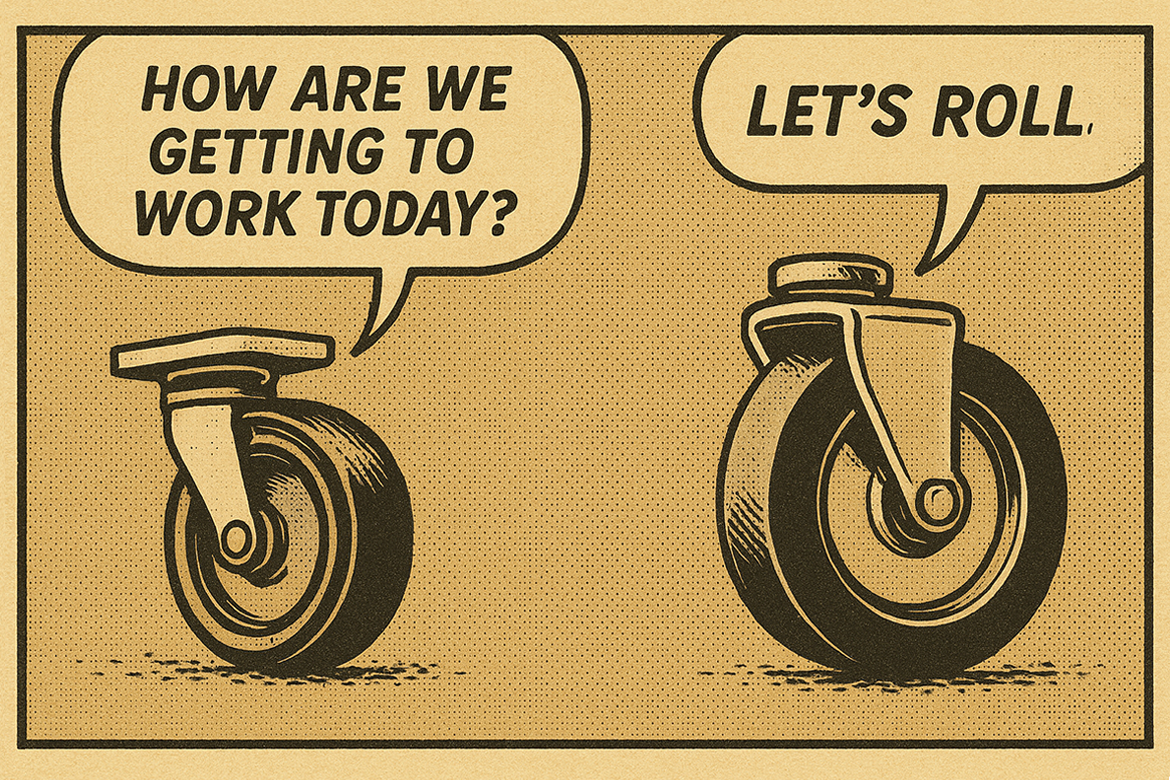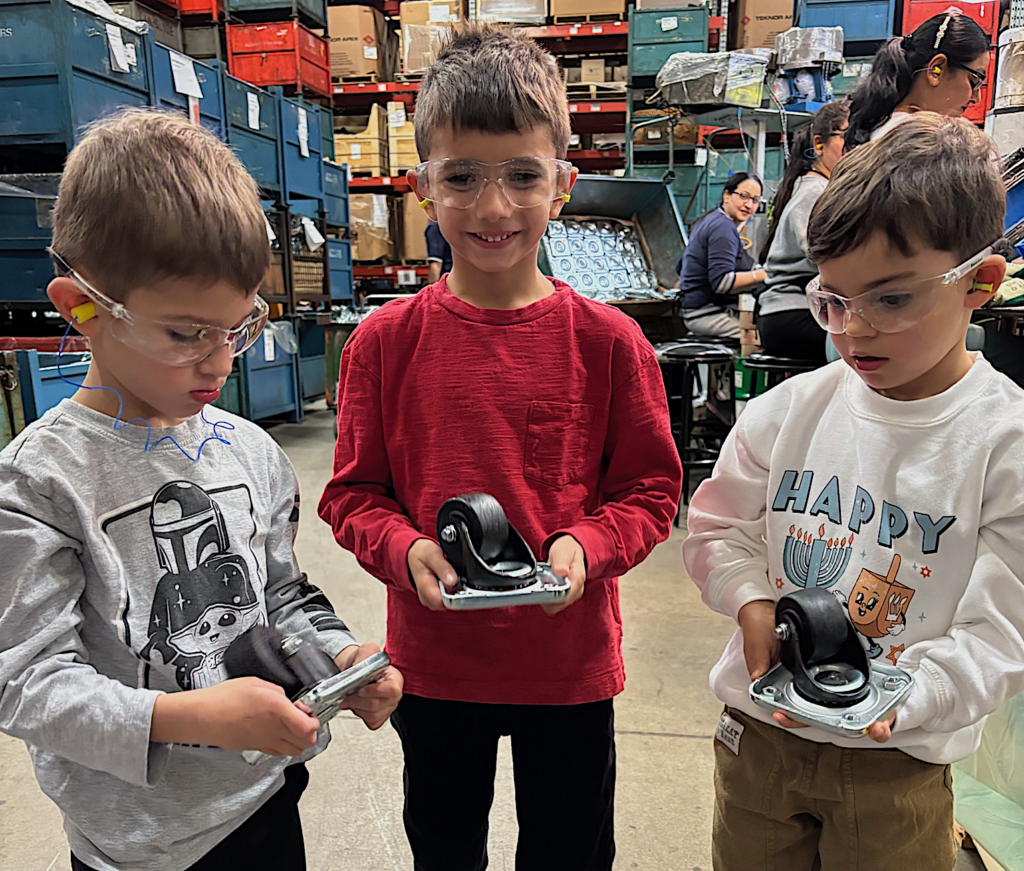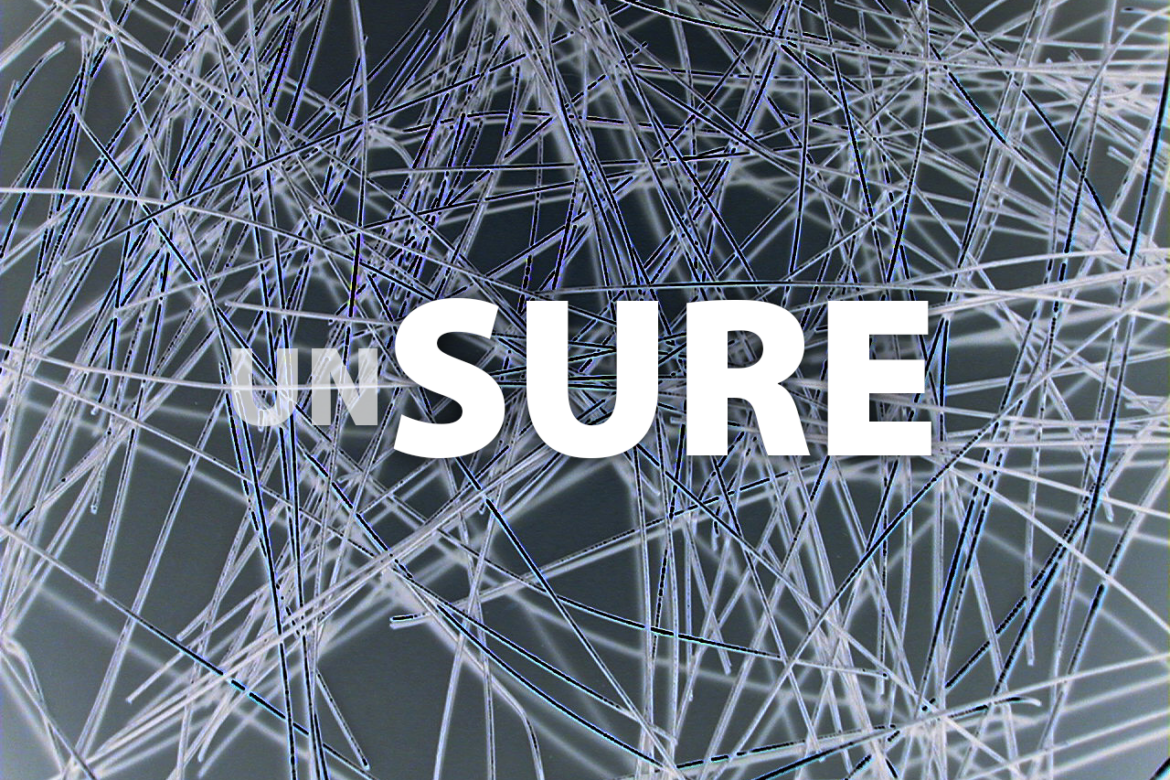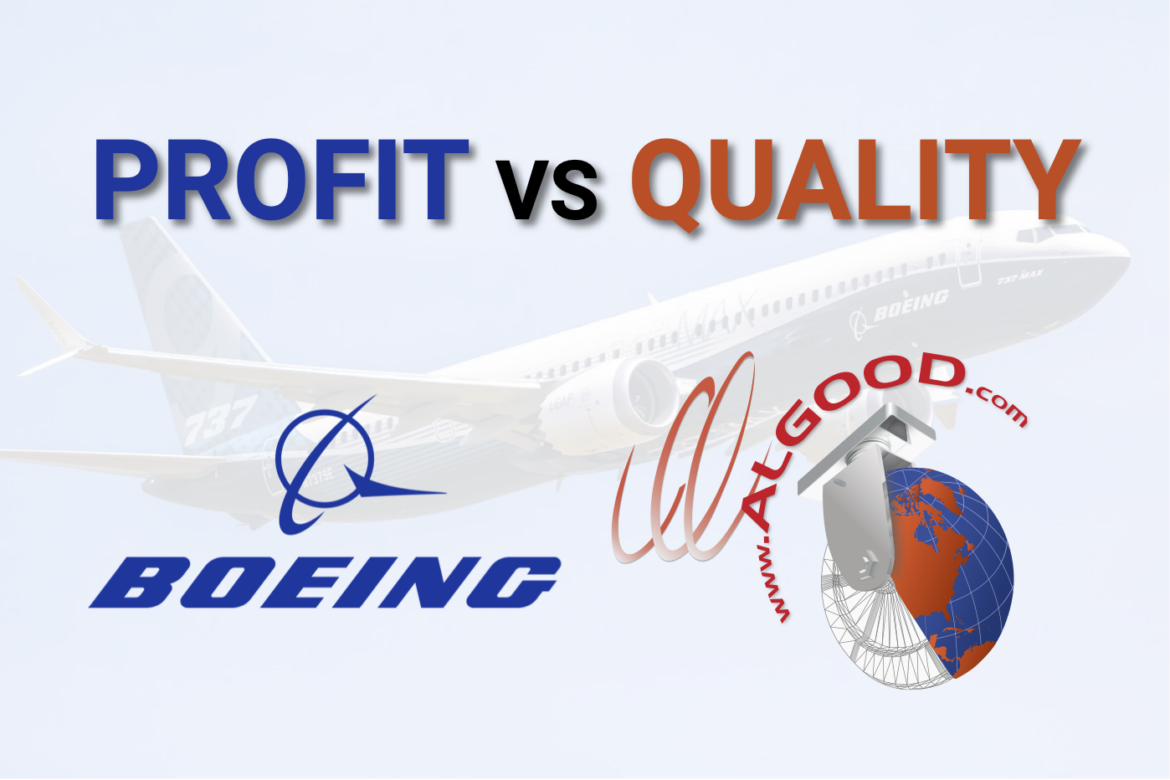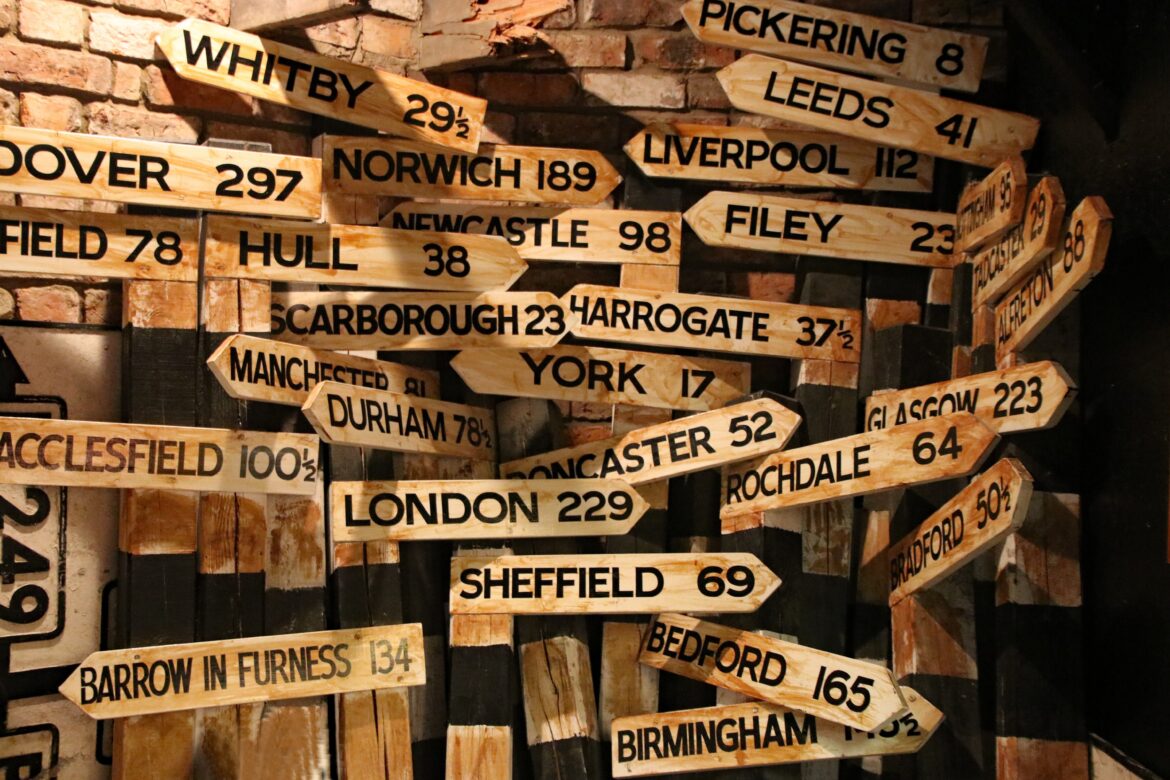5 Things I Won’t Replace With AI
It’s hard to believe that ChatGPT was launched only 3 years ago. Today, you can’t spend more than a minute online without seeing something that can be done using AI – whether for your business, home, travel or self-improvement. There’s no question that AI is amazing, and we’re using it in all kinds of ways at Algood – especially in data analysis and data-related decision-making (and to generate the image for this post). But the more we use AI, the more we recognize its limitations, especially in reflecting our customer focus and our values. At least today, there are some things that I wouldn’t try to replace with AI. Here are five of them.
An experienced and knowledgeable CSR is invaluable. When you’re looking for advice or recommendations, you need someone with the experience and the smarts to help you find the right product for the right job at the right price point. In addition, an inside salesperson can suggest the ideal solution based on the precise application and the environment in which the casters will be used. The likelihood is that the CSR has encountered similar circumstances before and can base a recommendation on that. All of that is a tall order for AI.
Similarly, a knowledgeable and personable salesperson is a trusted problem solver. Beyond the details of how you need to use casters, your decision will be improved by a salesperson who understands your business, your goals and your priorities. Some of our most impressive success stories have come from a deep understanding of what one of our customers was trying to accomplish – whether that was strategically or competitively. Ultimately, it’s knowledge that can only be gained over time through a relationship. While you might try to write a five-page AI prompt that incorporates all those details, my guess is that AI isn’t up to the challenge.
Attentive and responsible employees prevent problems. An experienced team member can recognize when something isn’t right – almost like a sixth sense. Whether it’s being able to see the most minor defect or hear the faint ping of an equipment flaw, it can save the wasted time and expense of imperfect products leaving the production floor. While we deploy sensors and other quality assurance technologies, some issues can only be identified through human intelligence, not artificial intelligence.
Engineers or designers who communicate with customers create better products. A well-trained product designer isn’t only interested in technical details. Asking the right questions or requesting appropriate information can make the difference between casters that perform well in the field and those that don’t. By speaking with a customer’s engineers or business leaders, you can determine the product’s intended functionality and the market it’s intended to serve. That’s a task AI would be hard-pressed to accomplish.
Well-recruited and well-developed employees are a game-changer. If I had a dollar for every good-looking resume belonging to a candidate I would never hire, I could buy a lot of lottery tickets. Likewise, we have successfully hired many people based on their capability rather than their experience. Just because someone has worked for a caster or a material handling company doesn’t mean they can help us meet our customers’ needs. There’s a certain degree of instinct involved in selecting employees, and a great deal of nurturing is necessary to make them successful. AI programs can filter resumes and write training manuals, but they don’t have what it takes to create a winning team.
There’s no denying the profound impact AI is having and will increasingly have on our lives. While it has incredible capability, as of today, there are some things I’m just not prepared to trust to AI. That may change in the future, but for the five items above, I’m sticking with HI – human intelligence. Leave me a comment and let me know if you agree.
Next week is Thanksgiving in the U.S., and we wish all our American customers and suppliers a happy and safe Thanksgiving and long weekend.
While Thanksgiving in Canada was in October, we’re definitely thankful for our success in meeting our customers’ needs and for our capable, dedicated employees who make that happen every day.

